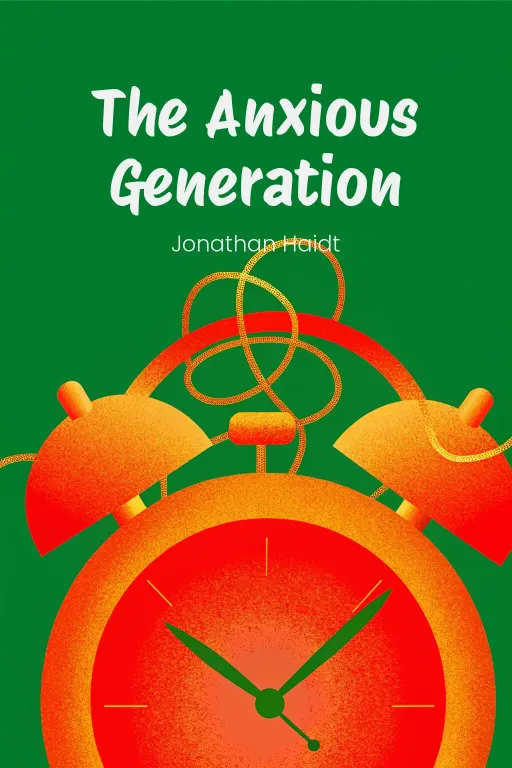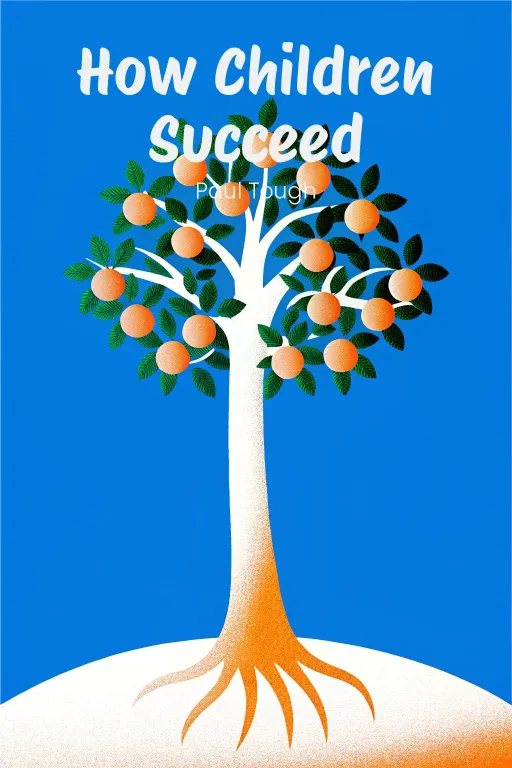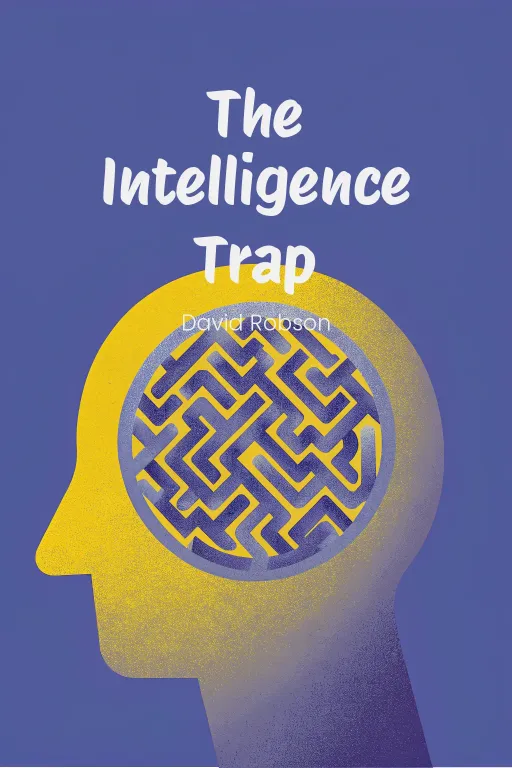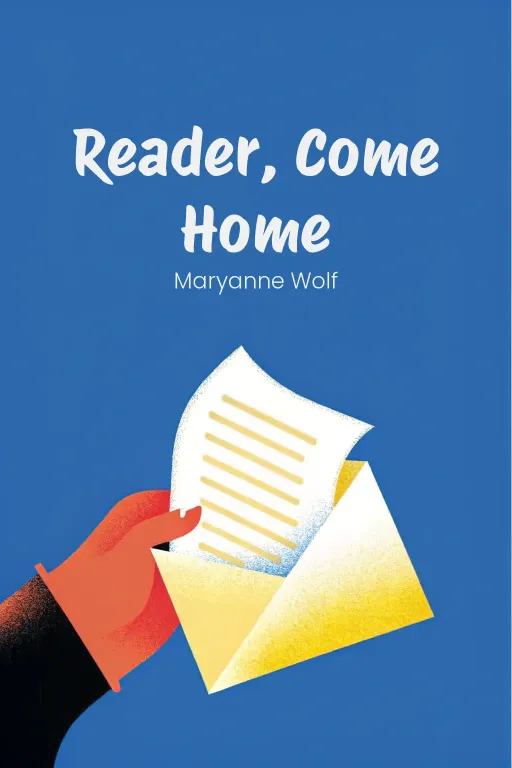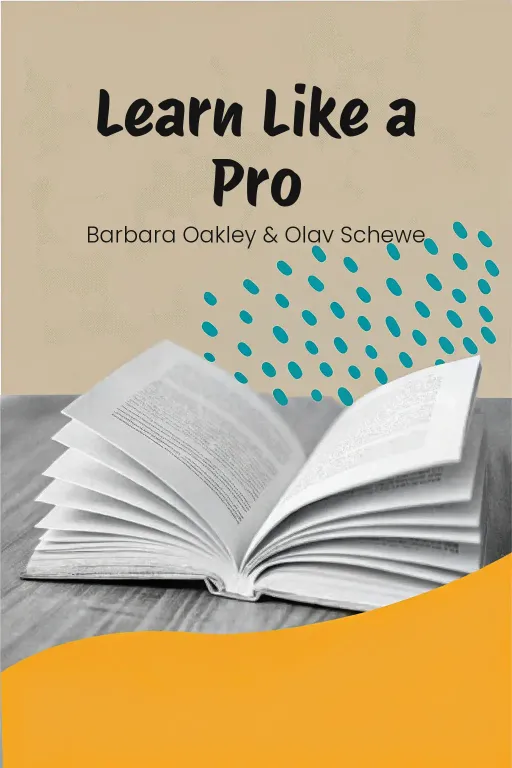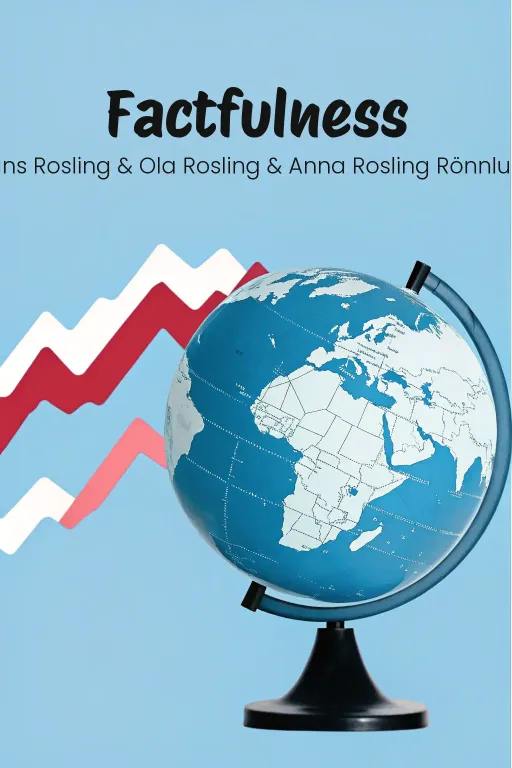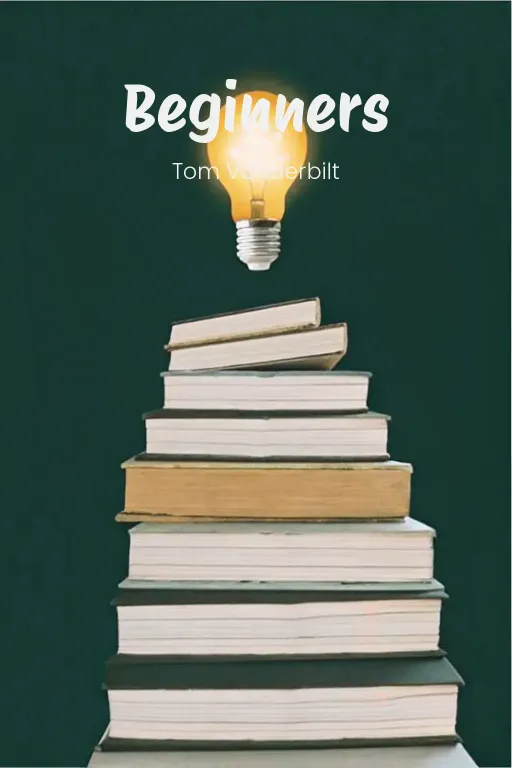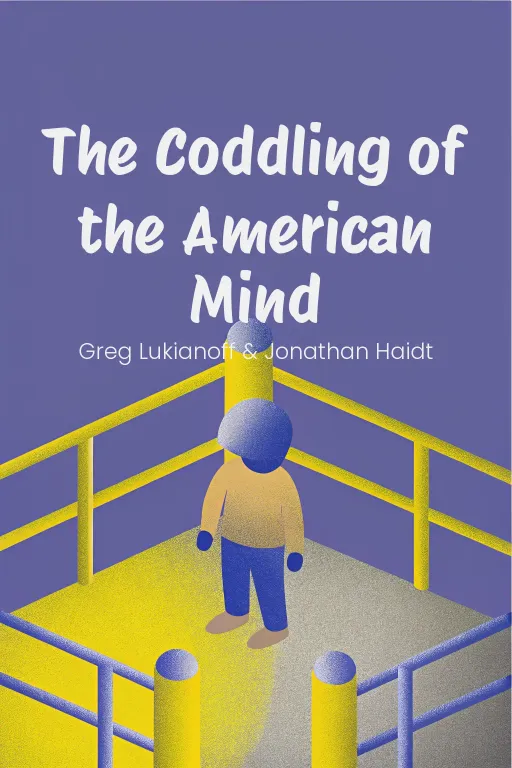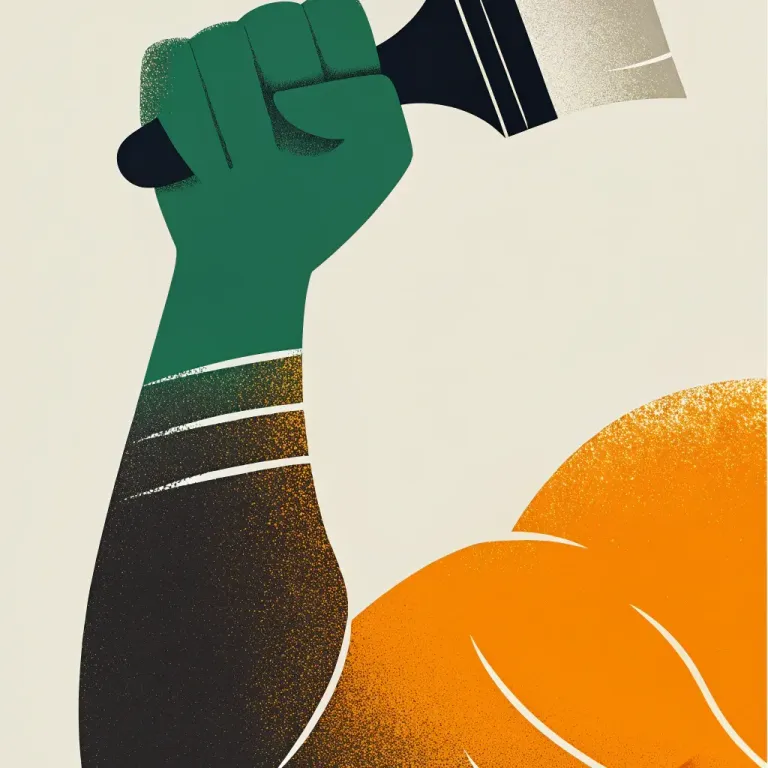
Build Creative Grit: Your WILL Beats Skill!
Podcast by The Muse's Minute with Brian
Grit, Curiosity, and the Hidden Power of Character
Build Creative Grit: Your WILL Beats Skill!
Brian: What if the real key to unlocking your creative potential isn't just talent, but something deeper, like grit or curiosity? I'm Brian, and this is The Muse's Minute. Our spark today comes from Paul Tough's eye-opening book, "How Children Succeed: Grit, Curiosity, and the Hidden Power of Character." It challenges the idea that smarts alone lead to success, showing why character strengths are vital for anyone creating something meaningful. Brian: The single biggest idea? It's that noncognitive skills – things like perseverance, self-control, curiosity – are often more predictive of long-term success, especially creative success, than pure intelligence. Think of character like a muscle. It's not fixed. It grows stronger every time you push through a challenge, every time you face resistance and don't give up. This is transformative because it shifts the focus from innate talent, which you might feel you either have or don't, to skills you can actively build. It means your creative ceiling isn't set by your IQ, but by your willingness to develop these character strengths. It puts the power back in your hands. Brian: Paul Tough shows this through powerful stories. Take Kewauna Lerma. She came from a tough background in Chicago, struggled academically, got disappointing test scores. It would've been easy to give up. But a program focused on character helped her find her grit. She learned practical strategies, like sitting upfront in college classes, asking questions, pushing through hard subjects. The result? She went from struggling to achieving a 3.8 GPA her freshman year. Her story isn't about sudden genius; it's about developing perseverance. And it's not just about individual grit; these skills can be taught. Look at the chess team at Intermediate School 318 in Brooklyn. Their coach, Elizabeth Spiegel, uses chess to build character. When students lose, they don't just get sympathy; they analyze their mistakes. They learn failure is data, not defeat. These kids, many from low-income homes, became national champions not just through talent, but through incredible persistence learned on the chessboard. And the science backs this up. Research shows supportive relationships and facing challenges in a supported way can actually buffer stress and help build resilience, even rewiring parts of the brain responsible for focus and self-control. It proves these aren't just nice ideas; they have real biological impact. Brian: So, what's the spark you can take away today? Focus on building just one 'character muscle' this week using a growth mindset. Catch yourself when you think 'I'm not good at this' creative task. Reframe it. Say, 'I'm not good at this yet.' When you hit a block or face criticism, don't retreat. Ask, 'What can I learn from this?' instead of 'Why me?'. Identify one area where you tend to give up easily, and consciously push through for just five more minutes, viewing it as a chance to strengthen that persistence muscle. Remember, the most creative and successful people weren't always the 'smartest' – they were often the ones who simply refused to quit. That's a power you can cultivate. Brian: That’s your Muse’s Minute. Go find your spark!

